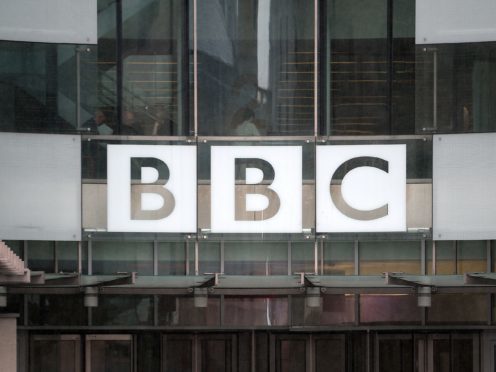The BBC is appealing to the United Nations (UN) in Geneva to protect the human rights of its journalists and their families.
The corporation’s unprecedented move follows years of persecution and harassment by the Iranian authorities, which escalated in 2017.
BBC director-general Lord Tony Hall said the BBC was taking the step “because our own attempts to persuade the Iranian authorities to end their harassment have been completely ignored”.
Lord Hall said: “In fact, during the past nine years, the collective punishment of BBC Persian Service journalists and their families has worsened.
“This is not just about the BBC – we are not the only media organisation to have been harassed or forced to compromise when dealing with Iran.
“In truth, this story is much wider: it is a story about fundamental human rights.
“We are now asking the community of nations at the UN to support the BBC and uphold the right to freedom of expression.”
The BBC World Service filed an urgent appeal to UN Special Rapporteurs David Kaye and Asma Jahangir on behalf of BBC Persian staff in October 2017.
This week BBC journalists will address the Human Rights Council session to call upon member states to take action to protect BBC staff and to ensure their ability to report freely.
Working with the International Federation of Journalists (IFJ), the BBC has organised events during the 37th session of the UN Human Rights Council in Geneva this week about BBC Persian, including a press conference on March 12.
Jeremy Dear, deputy general secretary of the International Federation of Journalists, said: “For many years Iranian journalists have suffered; been forced into hiding, fled into exile, been arrested, jailed and subjected to routine harassment, violence and intimidation.
“Iranians now increasingly turn to the international media to find out what is happening in their own country. Targeting family members in Iran in an attempt to silence journalists working in London must be stopped; the international community must act now.”
BBC Persian Service journalists in London and their families in Iran have been targeted since the BBC’s satellite television service was launched in 2009.
In 2017 the harassment escalated when the Iranian authorities commenced a criminal investigation, alleging BBC Persian Service journalists’ work was a crime against Iran’s national security. This was accompanied by an asset-freezing injunction citing 152 named individuals, comprising mainly of current and former BBC Persian staff, and this injunction prevented journalists and their families from buying or selling their homes and other property in Iran.
Other measures include the arbitrary arrest and detention of family members in Iran, the confiscation of passports and travel bans preventing people leaving Iran, ongoing surveillance of journalists and their families, and the spread of fake and defamatory news targeting individuals especially women journalists.
On March 12, the report from Jahangir, the late UN Special Rapporteur for Human Rights in Iran, will be tabled and discussed at the Human Rights Council.
